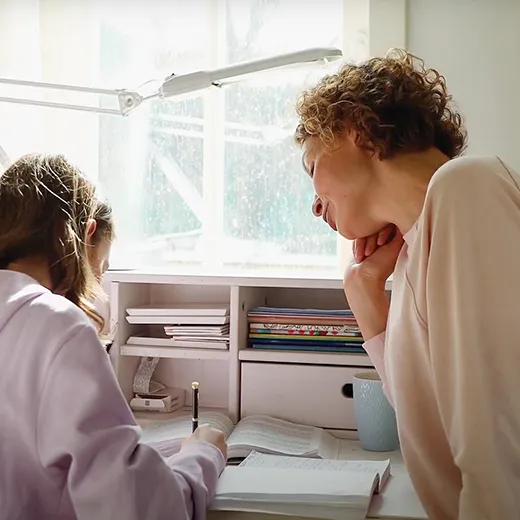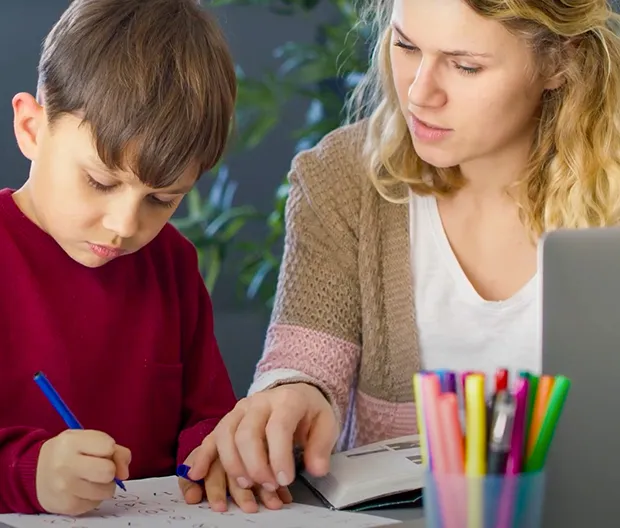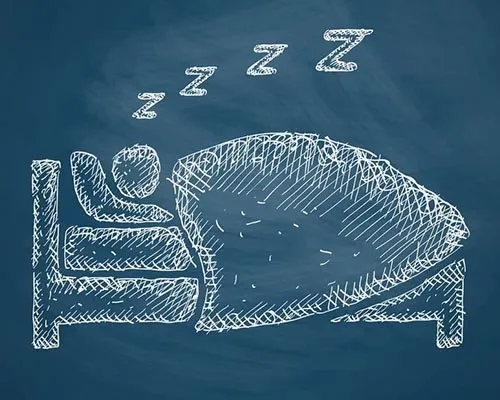

The role of the coach is to facilitate the growth of a student into a productive, effective, and independent learner by teaching them academic and life leadership skills. Coaches work towards a global improvement in all academic skills and their effectiveness can be measured by a learner’s overall academic performance.
The Academic Coaching course spans several academic and life-leadership skills. These skills impact all of the subjects a student is taking, and ultimately their effectiveness in their future endeavours – university, their careers, and beyond.
Fundamentally, the role of the academic coach is to facilitate the student’s growth from reactive to proactive and, ultimately, from dependent to independent.
Tools for better quality, quantity, and consistency.
Importance and implementation.
Strategies for healthier eating.
Becoming more productive.
Situational tools for shifting alertness levels.
Understanding autonomic arousal.
Goals, confidence and attitude.
Getting the most out of an hour.
Optimise your routine.
Life leadership skills.
Working smart.
Taking advantage of class time.
Learning to beat the game.
Taking responsibility.
The tools, strategies and focus areas are tailored to each student after a comprehensive assessment of their strengths, weaknesses, and needs.
Family Interview:
Our process starts with a family consultation at our assessment centre in Fourways. We get to know the student – we find out about their study habits, routines, interests and goals. This includes both an in-depth qualitative and detailed quantitative review of the student’s scholastic career up to that point.
Team Selection:
Tutors, if tuition is deemed necessary, from our team are selected based on an optimal match in terms of learning style and personality. We aren’t an agency; we know all of our tutors personally, and as far as we are concerned, choosing the right mentor – someone your child will look up to and connect with – is crucial!
One-On-One Lessons In Your Home:
Lessons happen one-on-one in your home or at your school. The tutors build a working relationship with the student and move through the outcomes effectively and constructively. We set and keep track of work to be done in between lessons.


Teaching note-taking techniques to a student who is not sleeping well, eating well, and doing some kind of regular exercise really is like rearranging deck chairs on the Titanic. Despite this, there is so much hype around teaching students study techniques and learning modalities and very little emphasis on the fundamentals.
The reality is that a student really can drastically improve their focus, alertness, energy, and effectiveness by making a few small tweaks to their sleeping habits.
Prescribing vs Professing
Andrew Huberman is an American neuroscientist and tenured professor in the Department of Neurobiology at the Stanford University School of Medicine and Learning podcast. The tools described in this article are a brief introduction to some of the mechanisms that Huberman describes in his podcast, and we highly recommend you take the time to listen to it in its entirety (the first few episodes are on sleep).
Johanessburg: 51 Turaco, Norscot, Sandton, 2055
Cape Town: 11 Imam Haron Road, Claremont, 7708
"*" indicates required fields
